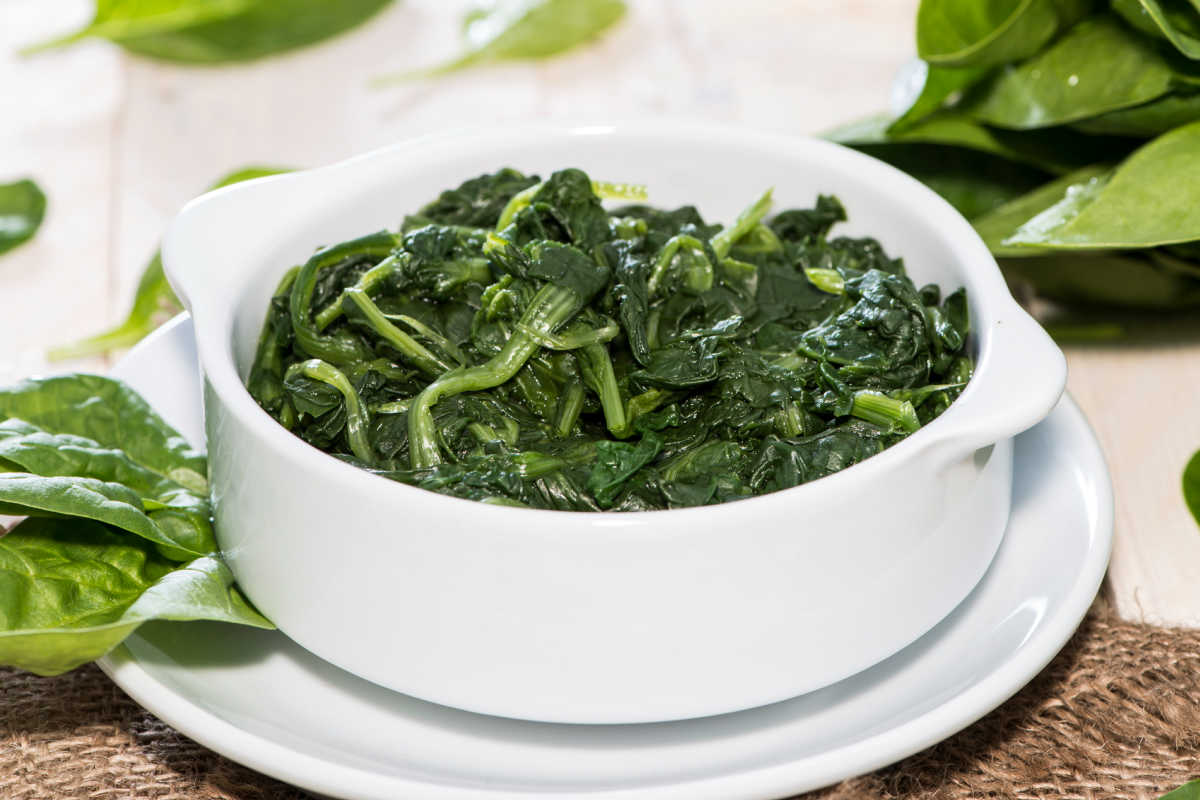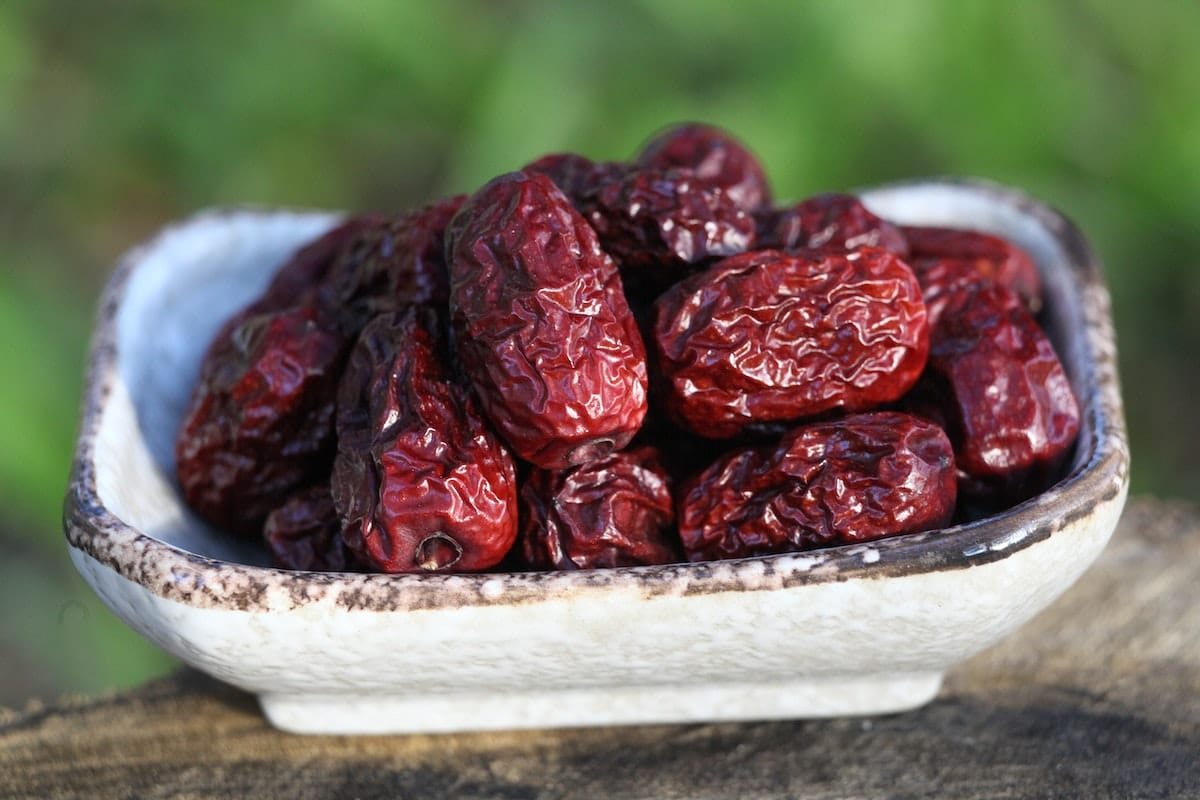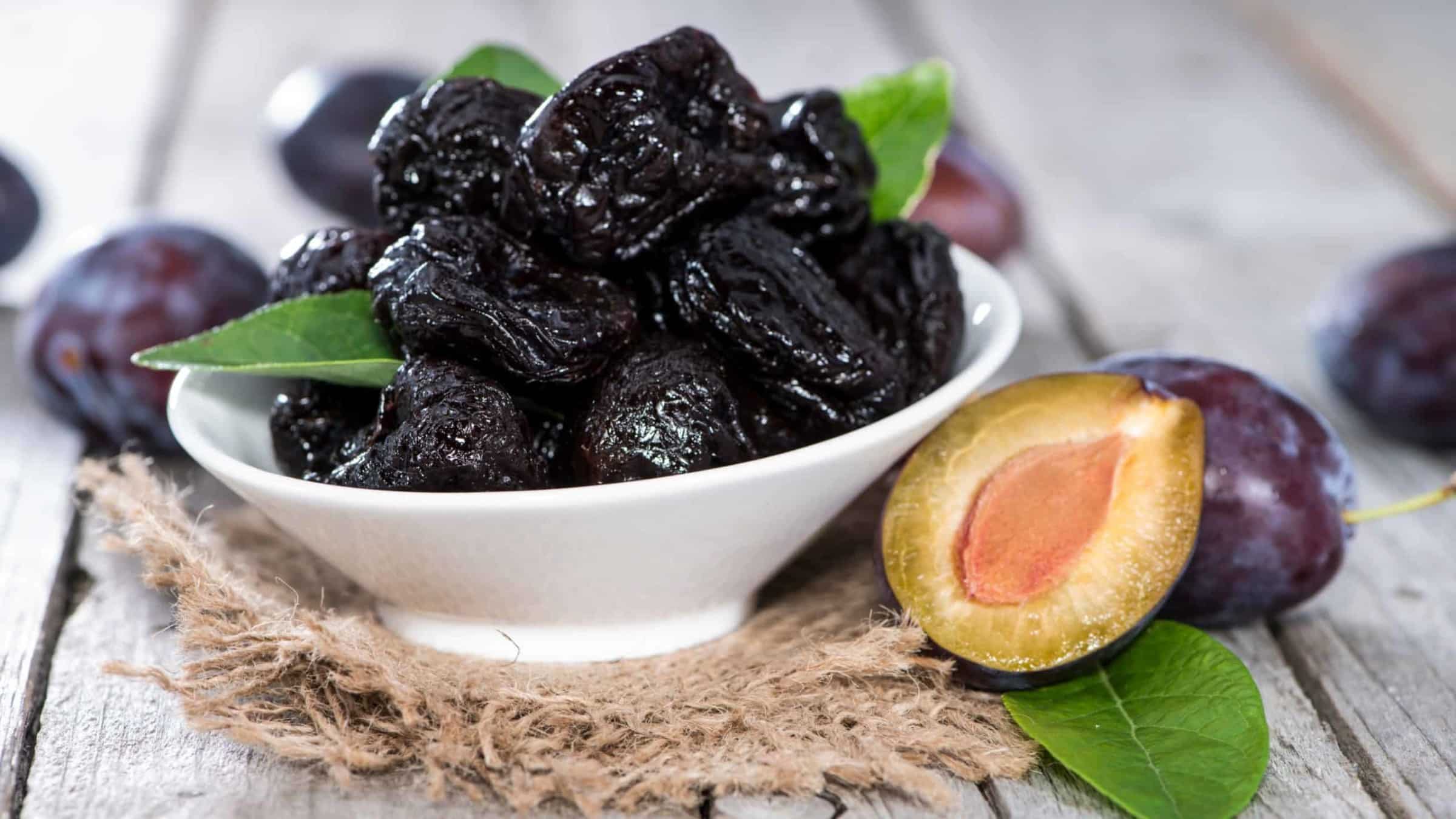How to Maintain a Healthy Diet with Vegetable Allergies
Having a vegetable allergy can make it challenging to maintain a healthy diet, as many traditional healthy foods contain vegetables. However, with some careful planning and creativity, it is possible to eat a nutritious and balanced diet while avoiding vegetables. Here are some tips for navigating a vegetable allergy while still prioritizing your health:
Focus on Alternative Nutrient Sources
While vegetables are a common source of essential nutrients, there are many other foods that can provide the vitamins and minerals your body needs. Consider incorporating the following alternatives into your diet:
- Fruits: Many fruits offer similar nutrients to vegetables, such as vitamin C, potassium, and fiber. Incorporate a variety of fruits into your meals and snacks to ensure you’re getting a range of nutrients.
- Whole Grains: Foods like quinoa, brown rice, and oats can provide fiber, B vitamins, and other essential nutrients that are typically found in vegetables.
- Protein: Lean meats, fish, eggs, and legumes are all excellent sources of protein, which is essential for muscle health and overall bodily function.
- Dairy or Dairy Alternatives: Milk, cheese, and yogurt can offer calcium and vitamin D, which are important for bone health. If you’re lactose intolerant, consider fortified plant-based milk alternatives.
Experiment with New Recipes
Having a vegetable allergy may require you to get creative in the kitchen. Look for recipes that are specifically designed to be vegetable-free, or experiment with substituting vegetables with other ingredients. For example, zucchini noodles can be replaced with spiralized carrots or sweet potatoes, and cauliflower can often be swapped for broccoli or mushrooms in recipes.
Read Labels Carefully
When shopping for packaged or processed foods, it’s important to carefully read the ingredient labels to ensure that they do not contain any vegetables or vegetable-derived ingredients. Some common allergens to look out for include:
- Tomatoes: Often found in sauces, soups, and condiments
- Peas: Used in a variety of products, including snacks and protein powders
- Bell Peppers: Can be found in spice blends, frozen meals, and prepared foods
- Carrots: Used as a sweetener in some products, such as juices and baked goods
Consider Supplements
If you’re unable to consume certain nutrients due to your vegetable allergy, consider speaking with a healthcare professional about the possibility of taking supplements. For example, if you’re unable to consume leafy greens, a supplement containing essential vitamins and minerals like iron, folate, and vitamin K may be beneficial.
Seek Support from a Registered Dietitian
Managing a vegetable allergy while maintaining a healthy diet can be complex, and it’s important to seek guidance from a professional. A registered dietitian can help you create a personalized meal plan that meets your nutritional needs while accommodating your allergy. They can also provide valuable tips and resources for navigating your allergy in various social and dining situations.
While a vegetable allergy may present challenges, it is possible to eat a healthy and balanced diet by being mindful of alternative nutrient sources, experimenting with new recipes, reading labels carefully, considering supplements, and seeking support from a registered dietitian. With these strategies in place, you can prioritize your health and well-being while managing your allergy.











